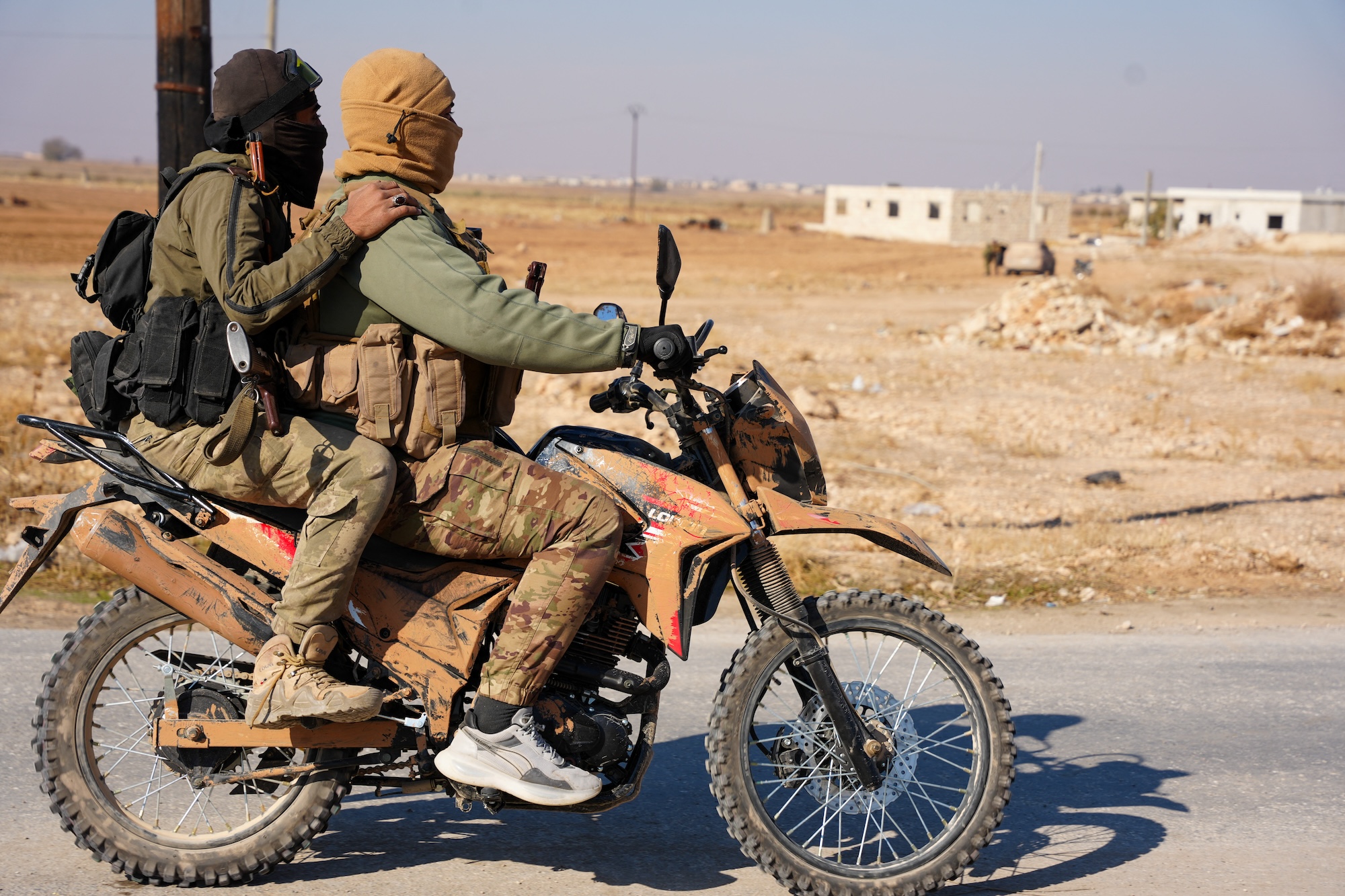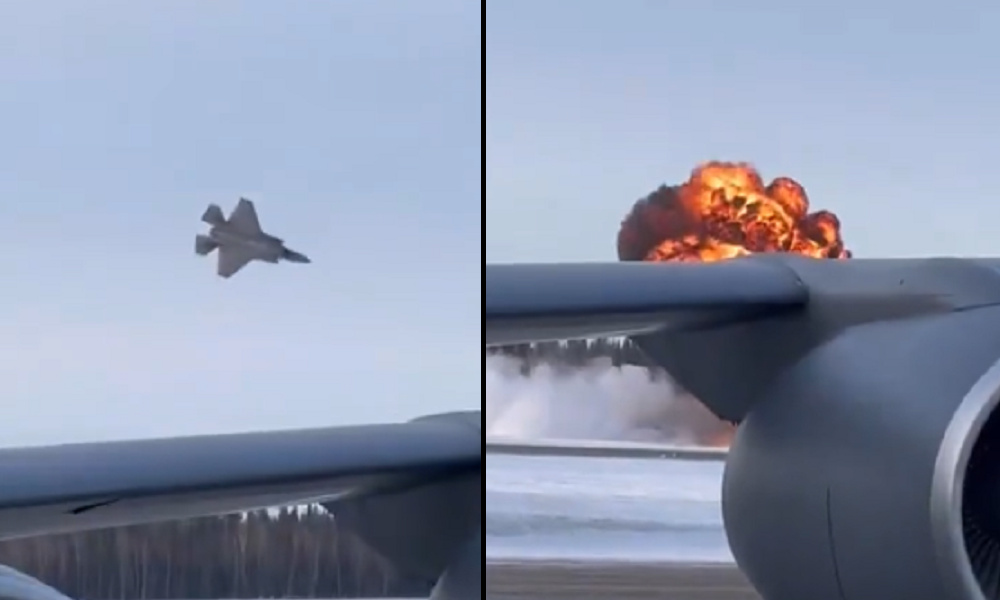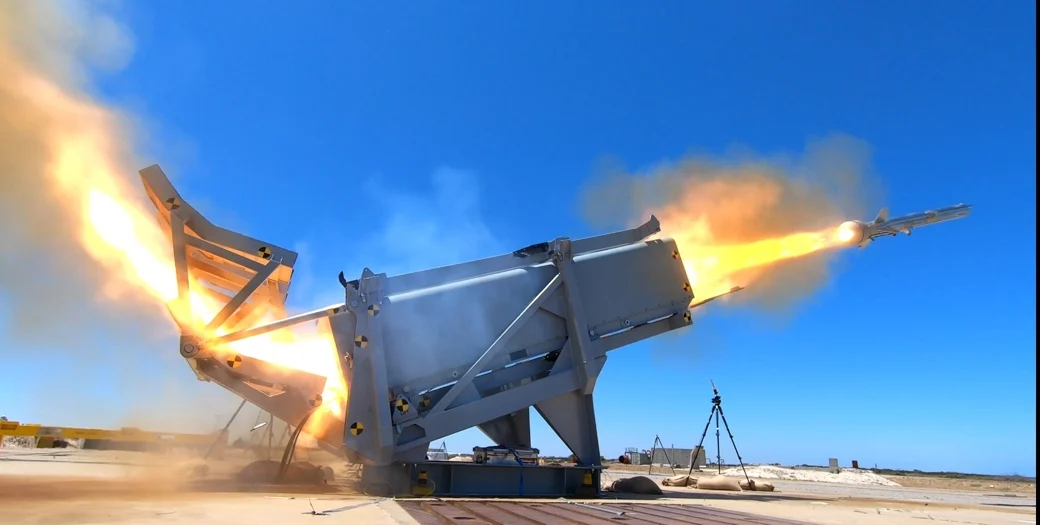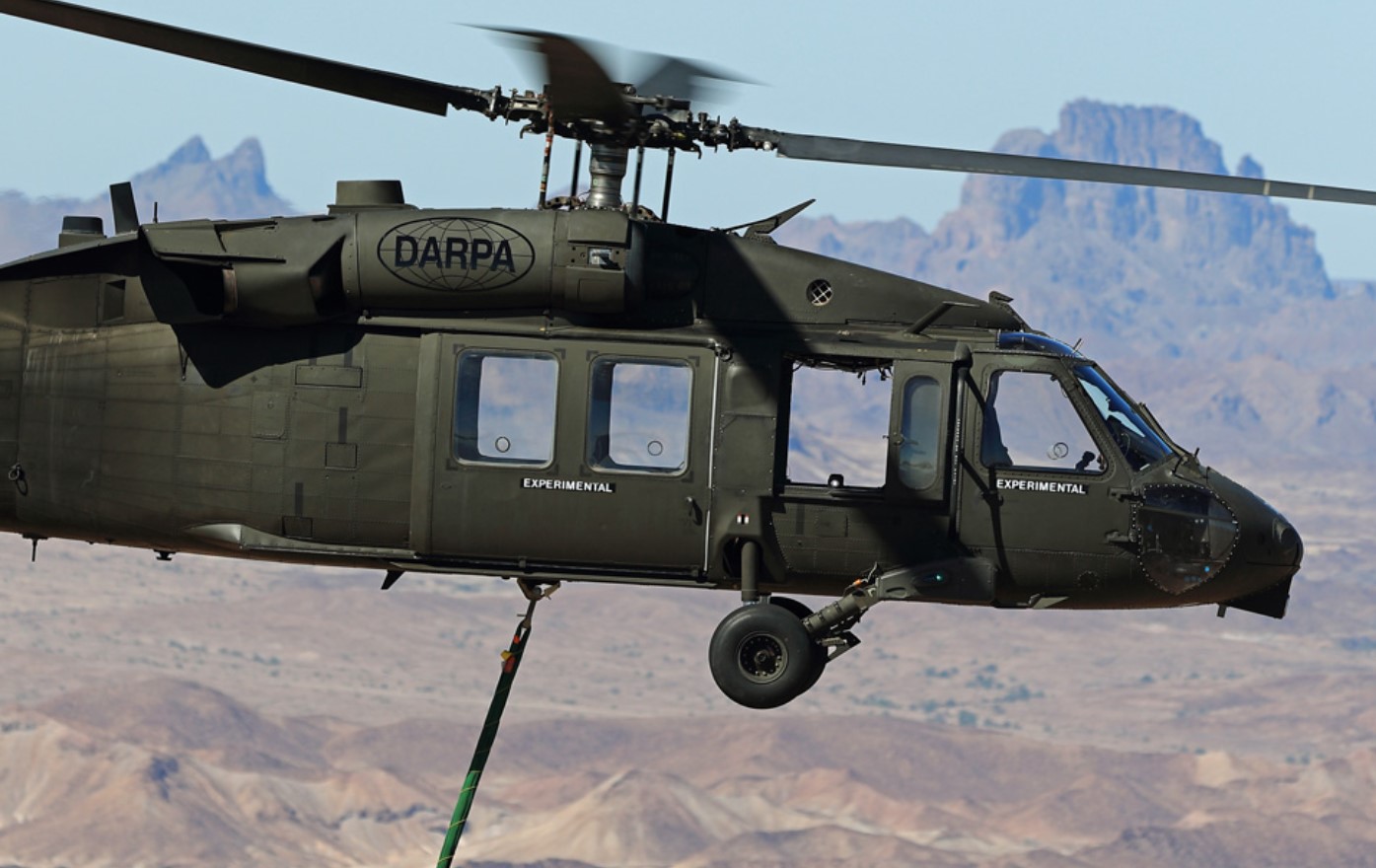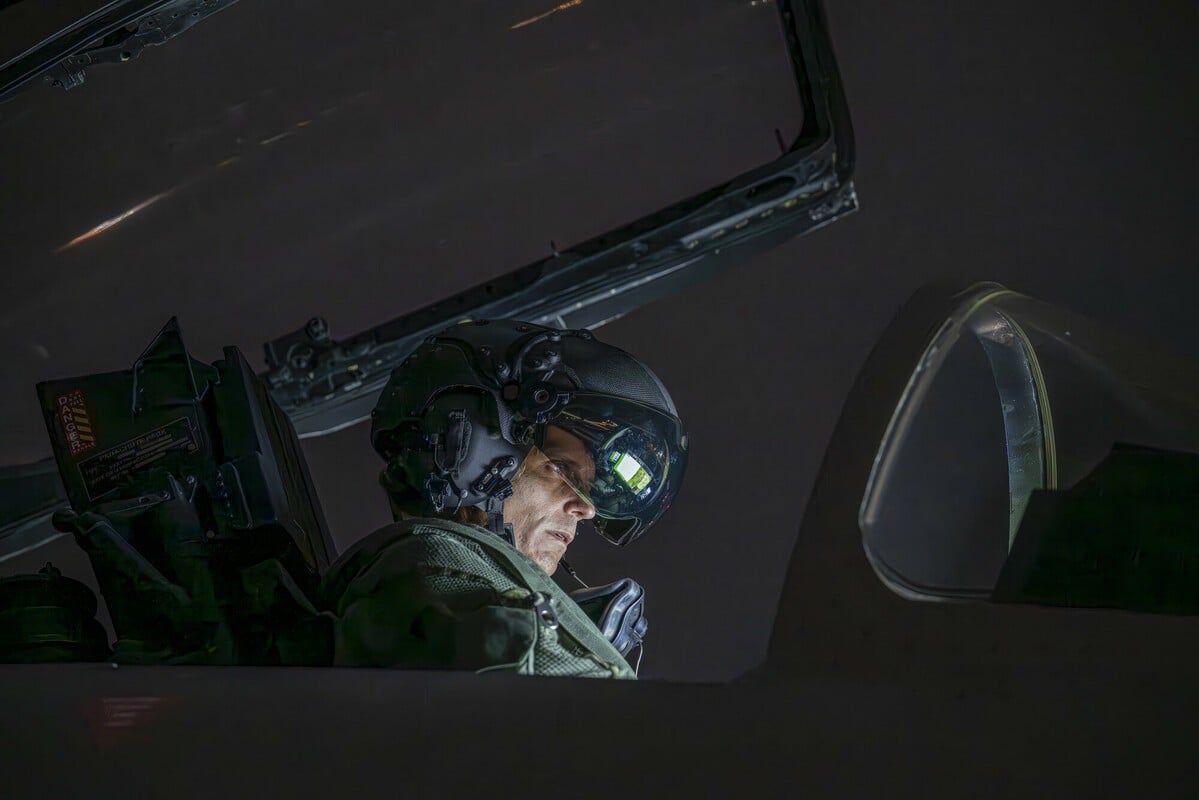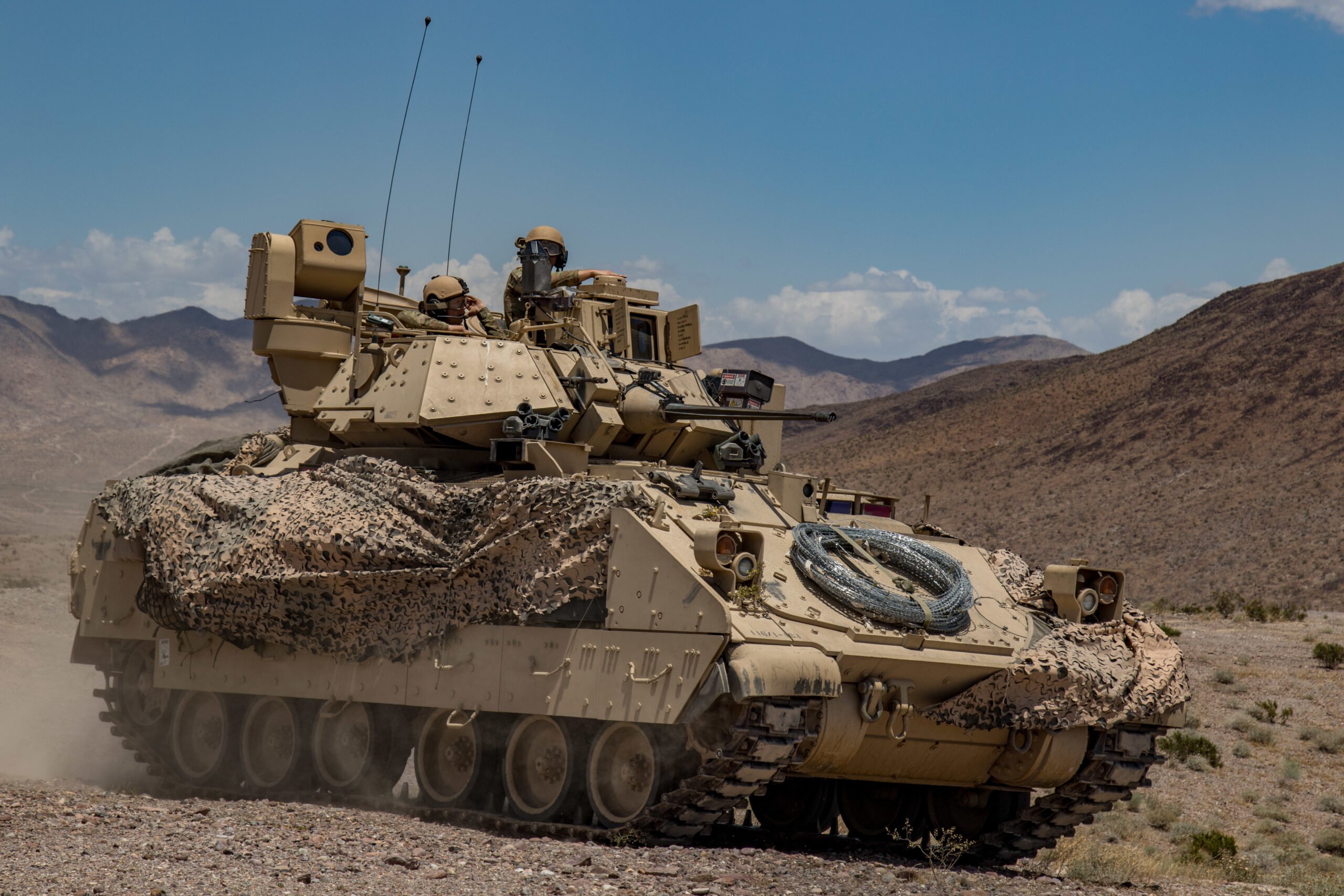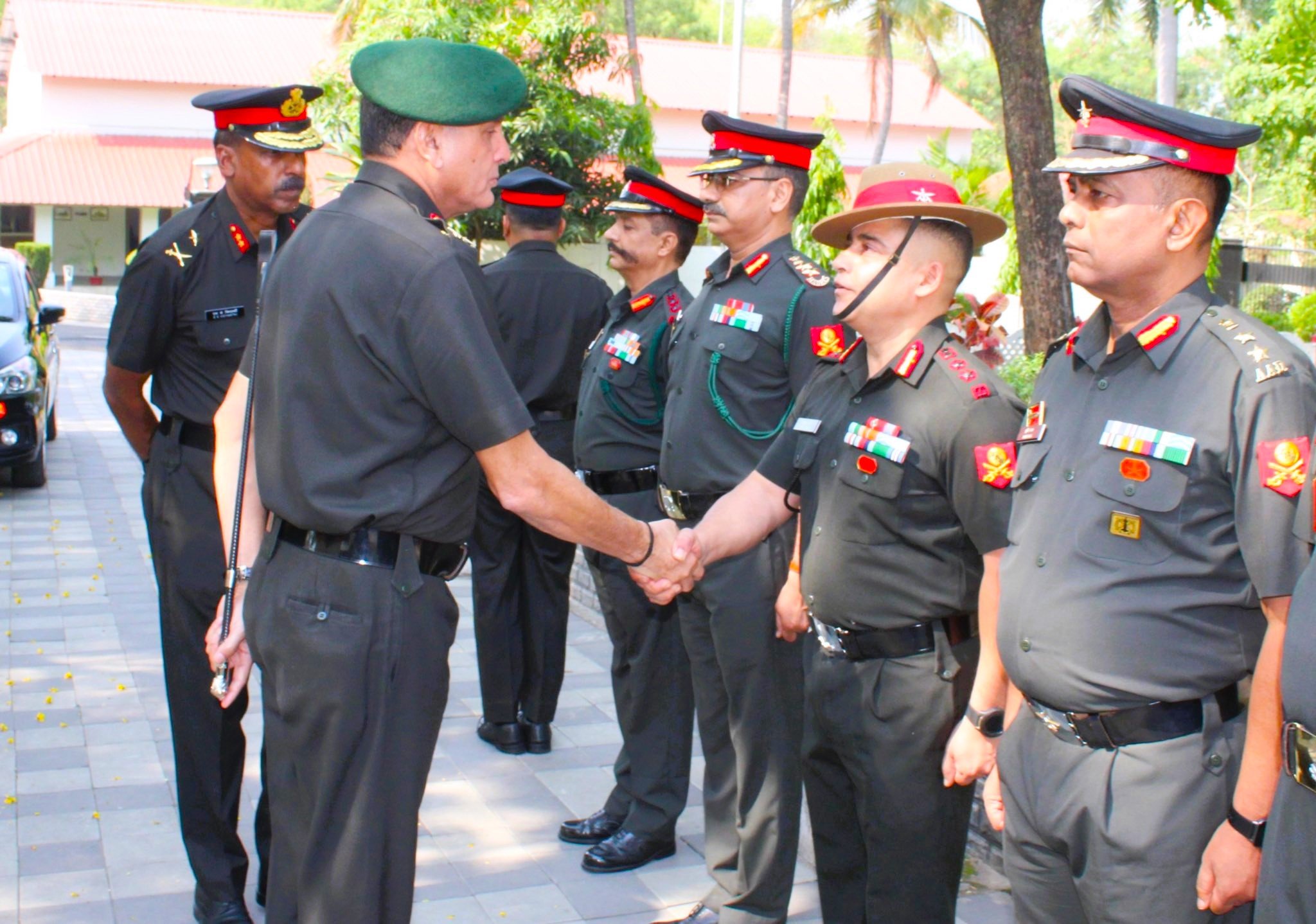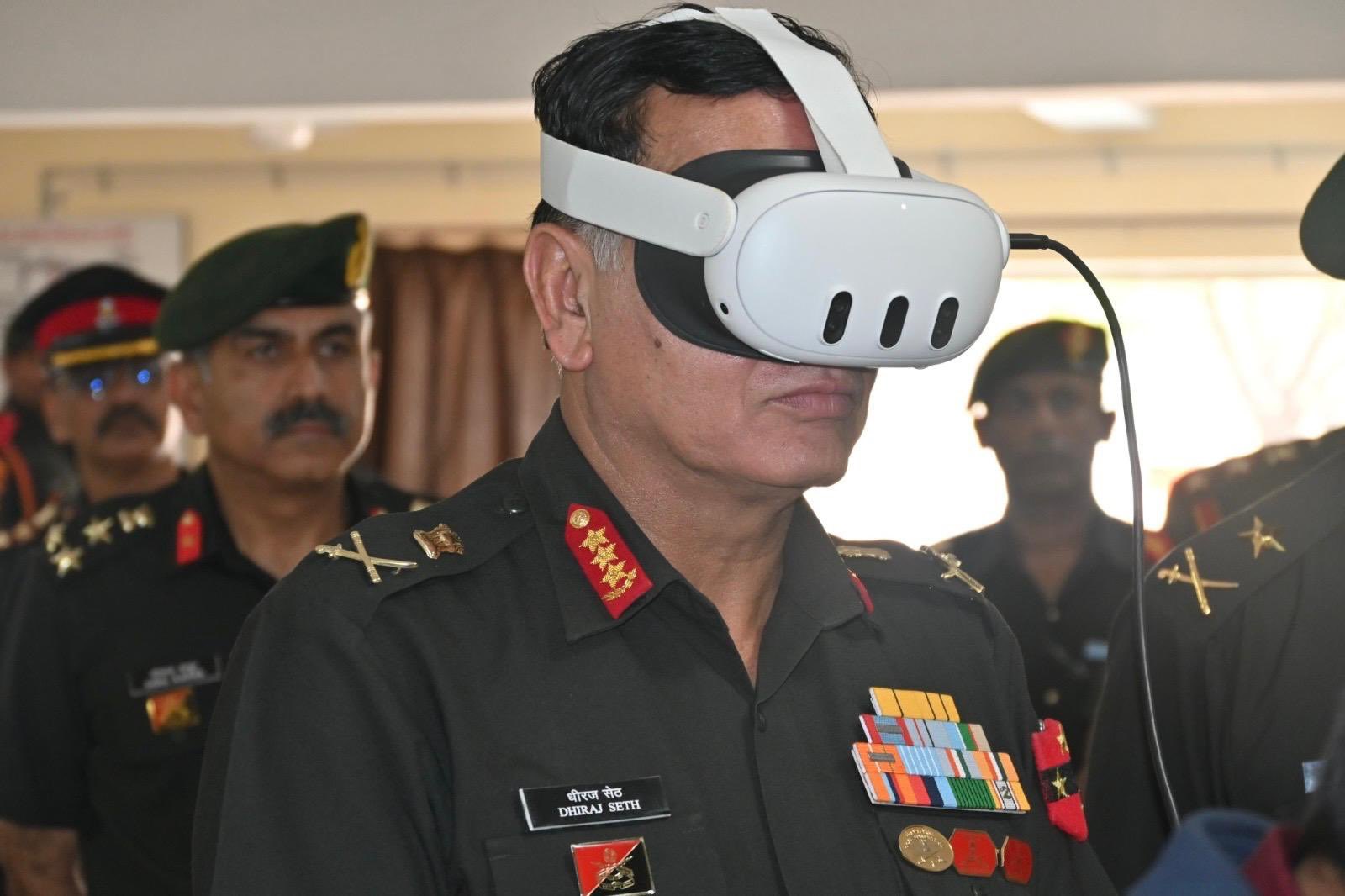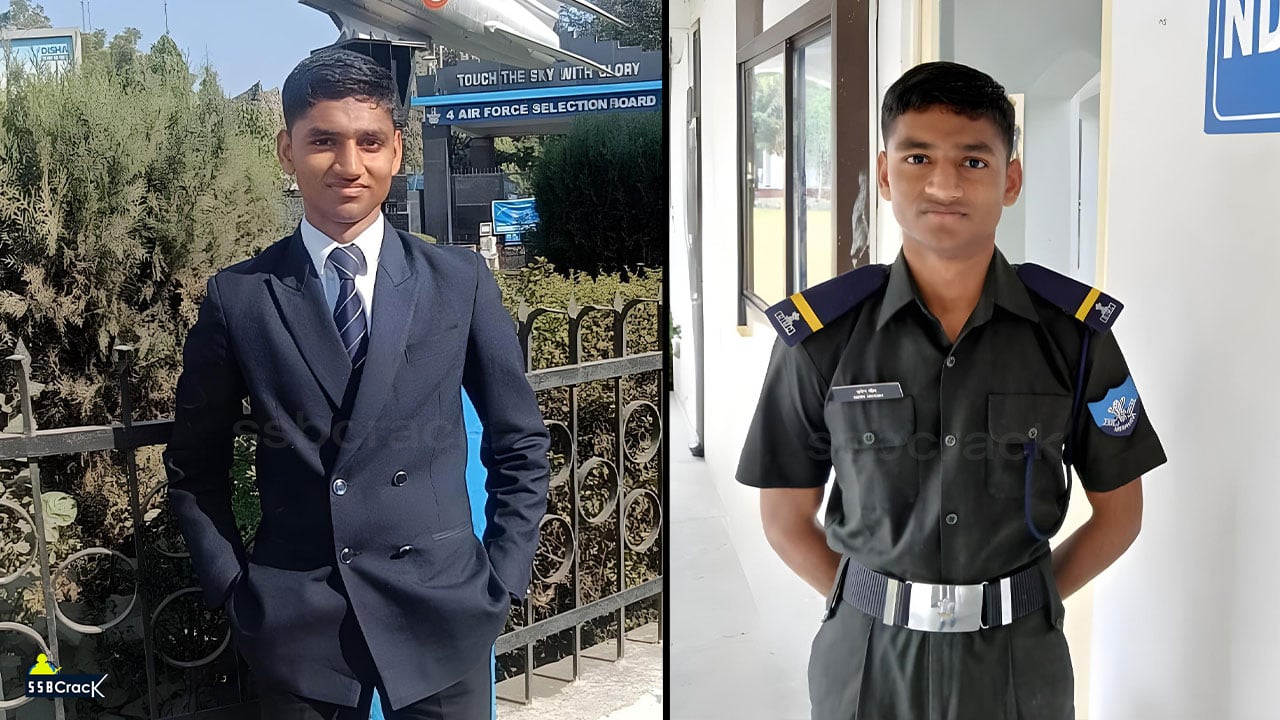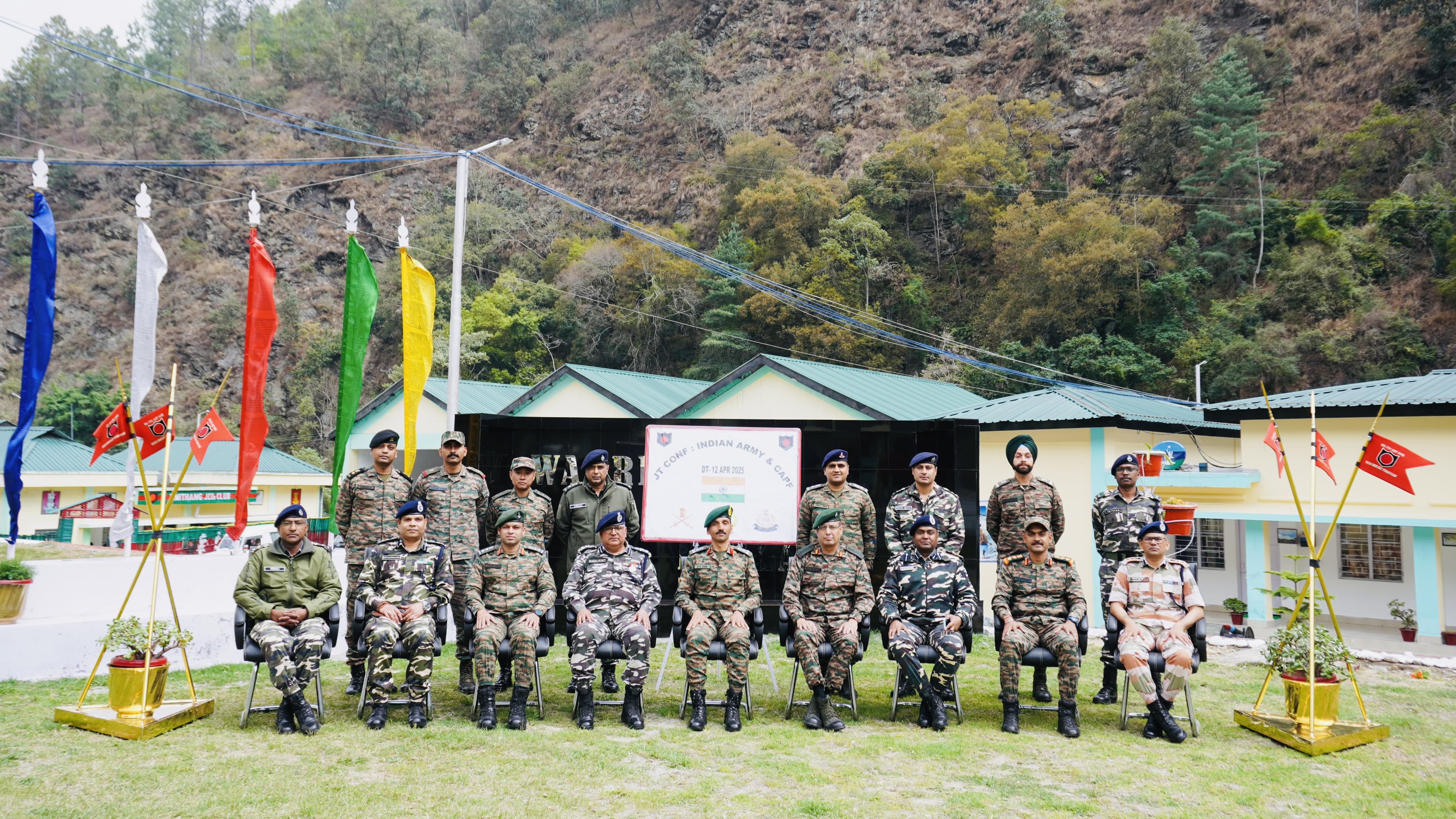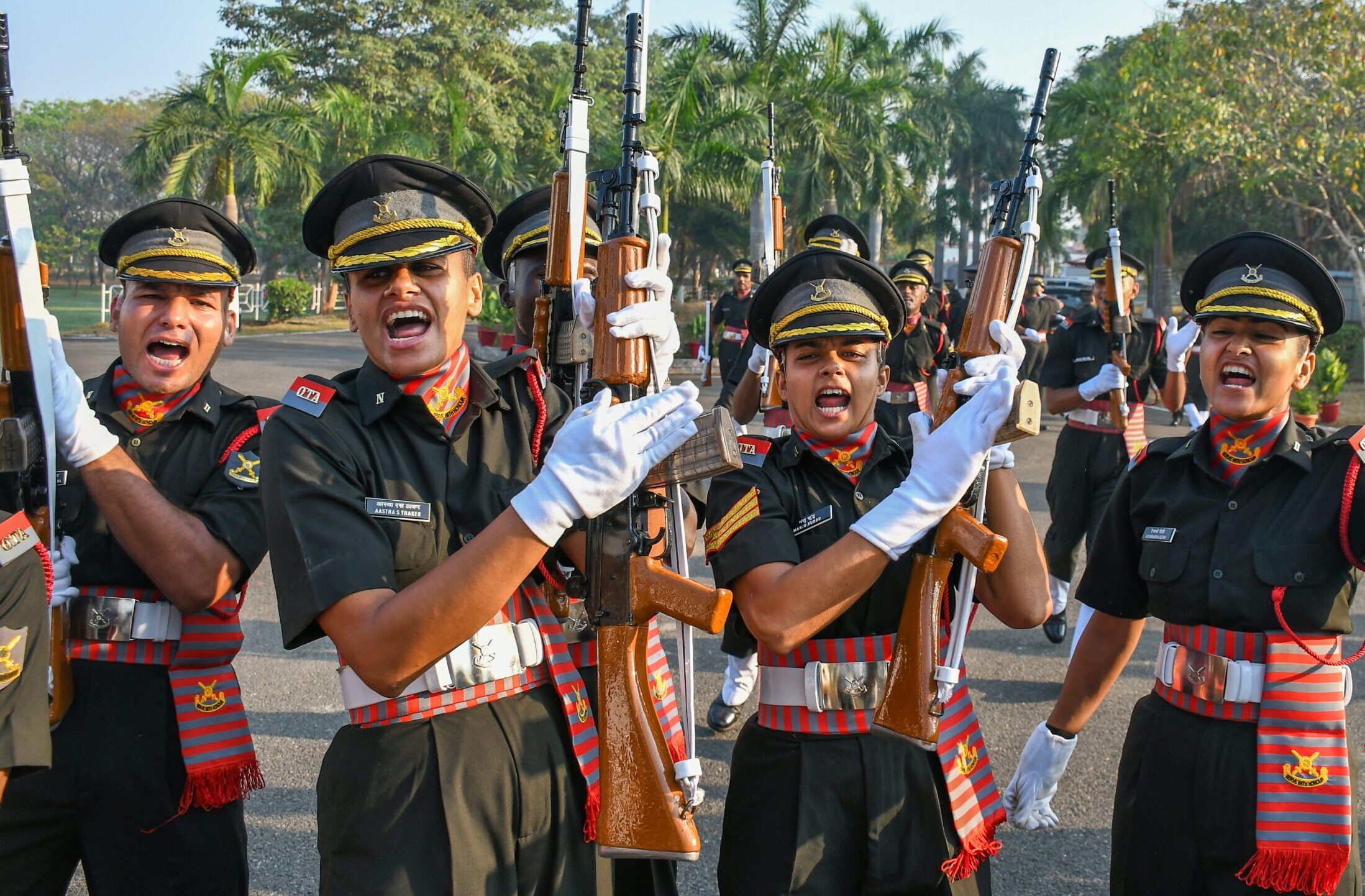Islamist-led rebels have successfully captured the central Syrian city of Hama, marking a significant setback for President Bashar al-Assad’s forces just days after they lost the critical commercial hub of Aleppo. The offensive, spearheaded by the Islamist group Hayat Tahrir al-Sham (HTS), began little more than a week ago amidst a ceasefire between Israel and Assad’s ally, Hezbollah, in neighboring Lebanon.
Following intense overnight clashes, HTS forces stormed Hama “from several sides,” engaging in fierce street battles with government troops, according to the Syrian Observatory for Human Rights, a UK-based war monitor. Shortly thereafter, the rebels declared “the complete liberation of the city” on their Telegram channel. Videos and images circulated on social media showed rebel fighters celebrating their victory by kissing the ground and unleashing gunfire into the air, while jubilant residents welcomed them. In a striking symbol of their dissent, some locals set fire to a large poster of Assad outside city hall.
In acknowledging the loss, the Syrian Army admitted they had lost control of Hama, a strategic city located between the fortified stronghold of Aleppo and Assad’s seat of power in Damascus. Nevertheless, Defence Minister Ali Abbas characterized the army’s withdrawal as a “temporary tactical measure,” asserting that government forces remain in the vicinity.
Aron Lund, a fellow at the Century International think tank, emphasized the gravity of Hama’s loss, labeling it “a massive, massive blow to the Syrian government.” He noted that the army had a strategic advantage in the city, making its inability to counter the rebels’ advance particularly troubling. HTS is expected to push further south toward Homs, Syria’s third-largest city, prompting fear among residents of possible repercussions. Eyewitness accounts reported a mass exodus of members from Assad’s Alawite minority community seeking refuge along the Mediterranean coast, where they form a majority.
A civil servant who identified himself only as Abbas expressed palpable fear of retribution from rebel forces, noting, “We are afraid and worried that what happened in Hama will be repeated in Homs.” Recognizing the conflict’s potential resurgence, UN chief Antonio Guterres remarked that the escalations are a reflection of the “bitter fruits of a chronic collective failure of previous de-escalation arrangements.”
As rebel leader Abu Mohammed al-Jolani took to social media to address the liberation of Hama, he referenced the long-standing grievances stemming from the 1982 crackdown on the Muslim Brotherhood, which resulted in thousands of deaths. He expressed hope for a victory devoid of retribution and concluded with a personal acknowledgment using his real name for the first time.
Since the beginning of the recent violence, casualties have mounted significantly, with reports indicating at least 826 people killed, predominantly combatants but including 111 civilians. This marks the most intense fighting observed in Syria’s protracted civil war since 2020.
The ongoing turmoil has placed additional strain on Assad, who recently ordered a 50-percent raise in pay for military personnel as part of efforts to reinforce his combat forces amid these challenging circumstances. HTS launched its northern offensive in tandem with geopolitical shifts and ongoing military engagements involving Hezbollah and Russia—key allies of the Assad regime currently distracted by their own conflicts.
As the situation develops, concerns persist regarding potential human rights abuses against civilians, with warnings issued by organizations such as Human Rights Watch highlighting the risks posed both by opposition armed groups and the Syrian government. Despite HTS’s efforts to present a moderated image, experts remain skeptical about the group’s capacity to fully dissociate from its roots in Al-Qaeda, particularly in the eyes of Western governments. Meanwhile, the U.S. continues to maintain a presence in eastern Syria, focusing its efforts on countering the Islamic State group.

